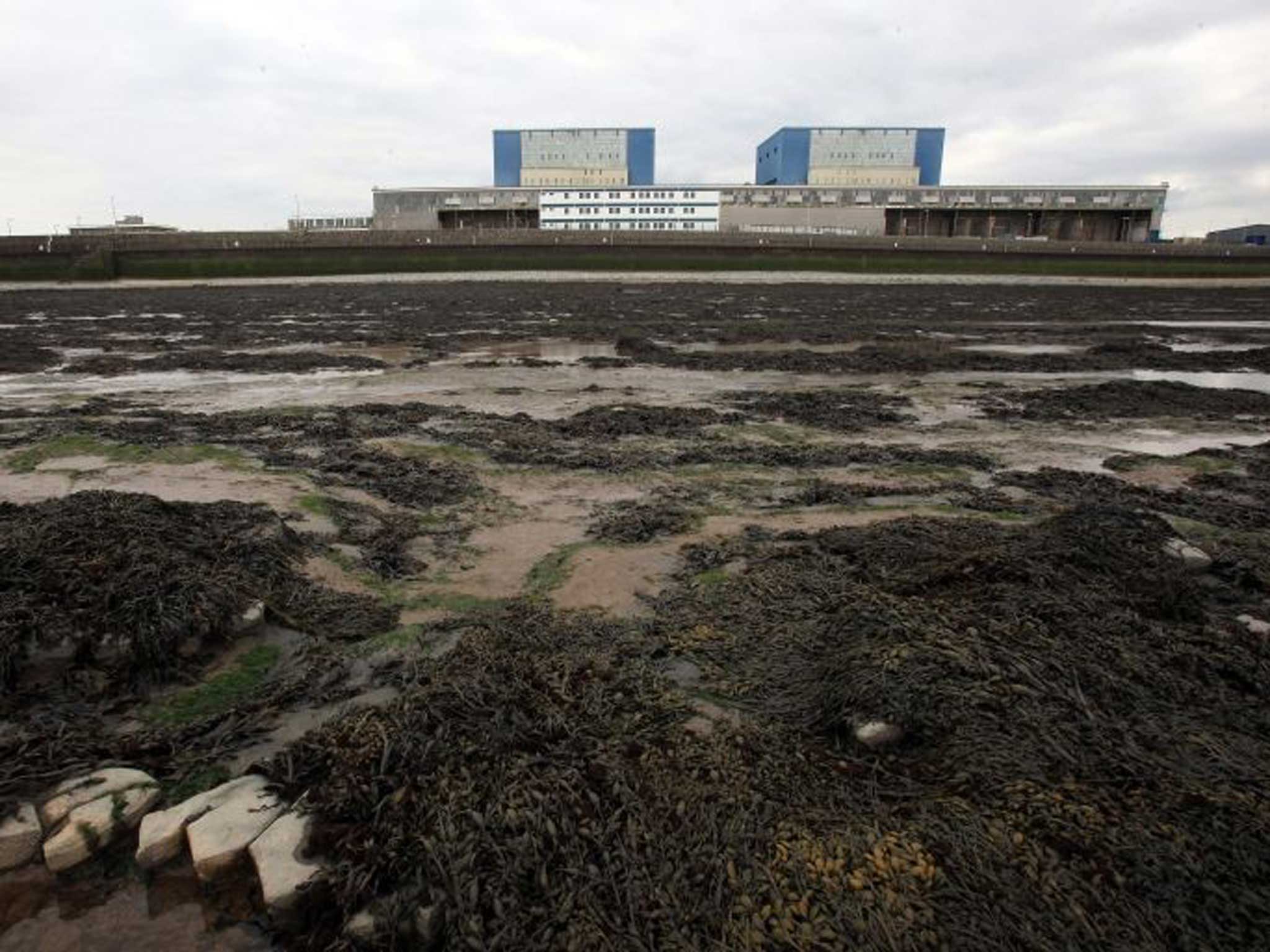Pressure mounting over £16bn nuclear site for Hinkley Point

The Government’s divisive plans for a new £16bn civil nuclear plant at Hinkley Point in Somerset have been dealt a double blow by the United Nations and a powerful group of MPs.
A UN environmental committee has warned that there is “profound suspicion” that the UK failed to properly consult neighbouring countries, including Norway and Spain, over the possible environmental impact that Hinkley Point C could have on them.
In a letter to the Department for Communities and Local Government, Vesna Kolar Planinsic, who chairs the UN’s implementation committee on the Convention on Environmental Impact Assessment in a Transboundary Context, said that the UK’s only consultation efforts amounted to “informal exchanges” with Ireland and Austria. The department has been ordered to send a delegation to face the committee in December.
Separately, Joan Walley, who chairs Parliament’s Environmental Audit Committee, has written to the European Competition Commissioner, Joaquin Almunia, to help an EU investigation into state aid for the two new reactors at Hinkley Point. This inquiry is considered the last big obstacle preventing the construction of a power station expected to meet around 7 per cent (enough to supply nearly 5 million homes) of the country’s energy needs from 2023.
The French energy giant EDF could only be persuaded to build the plant if a minimum price was guaranteed for the electricity generated from Hinkley C, thereby ensuring a return for shareholders worried about the enormous upfront construction costs. This minimum, known as the “strike price”, would be covered through increases in consumer bills.
The Government has argued that the deal is needed to ensure Britain’s energy supply and is not really a subsidy, but Mr Almunia fired off a toughly worded 70-page critique at the end of January, warning that the strike price could give EDF excess profit. He said this could make the deal illegal under EU competition law.
Ms Walley, who is the Labour MP for Stoke-on-Trent North, said in the letter, seen by The Independent, that “the Government was wrong to insist that Hinkley Point was not being subsidised”. She has pointed Mr Almunia to a critical committee report published in December to convince him that Hinkley Point should not go ahead under its current financing arrangement.
She added: “As our Energy Subsidies report made clear, our own inquiry concluded that the Government’s proposed deal for Hinkley point constituted a subsidy… The Government’s policy is to provide no public subsidy for new nuclear.”
The report argued that the strike price would enable EDF to raise capital at a lower cost than under normal circumstances, meaning that it was “already clear that new nuclear is being subsidised”. A cross-party think-tank warned this week that returns for EDF will be much higher than for similar projects.
Hinkley C would be the country’s first nuclear power station in two decades and is the start of what the Coalition hopes will be a nuclear renaissance in the UK.
Subscribe to Independent Premium to bookmark this article
Want to bookmark your favourite articles and stories to read or reference later? Start your Independent Premium subscription today.

Join our commenting forum
Join thought-provoking conversations, follow other Independent readers and see their replies